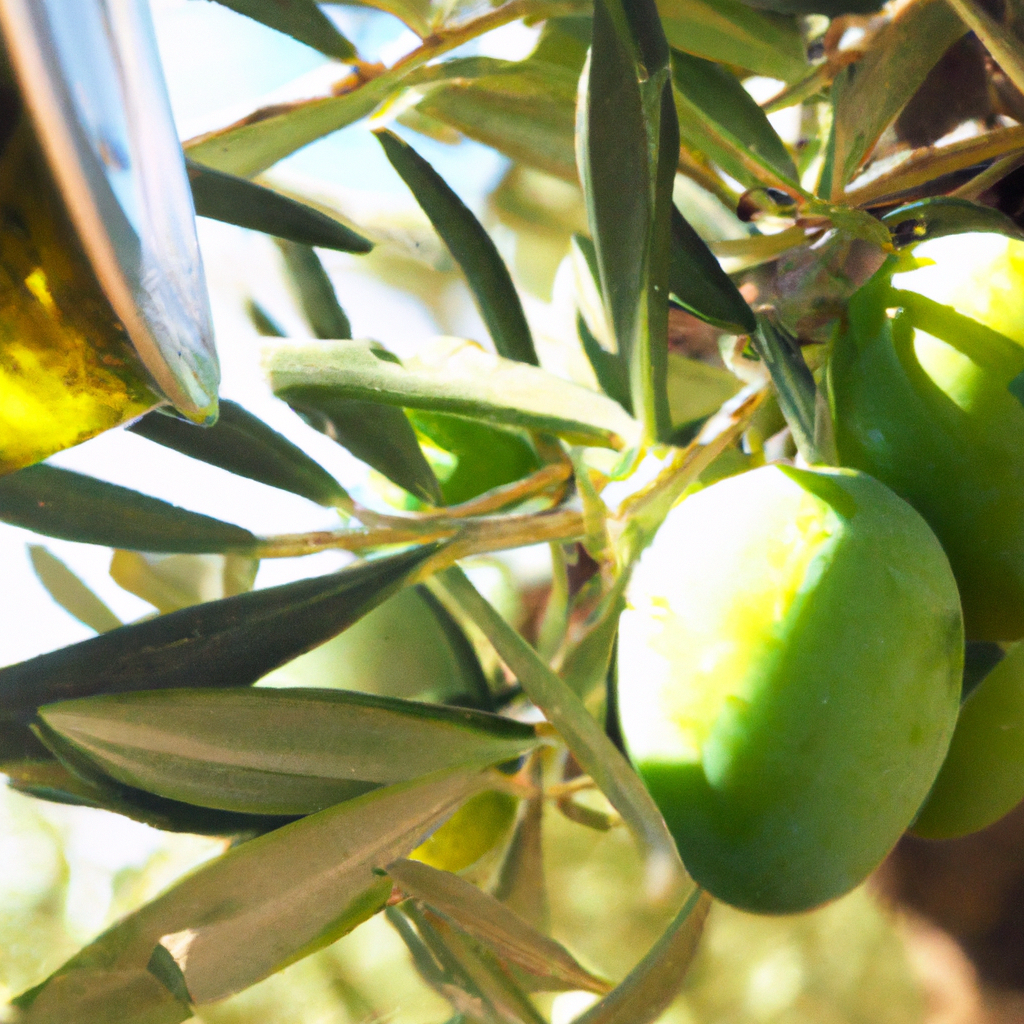Olive oil is a staple ingredient in Mediterranean cuisine and a popular choice for healthy cooking oils. It is known for its rich flavor and numerous health benefits, making it a preferred ingredient in kitchens worldwide. But how is olive oil produced? In this article, we will delve into the olive oil production process, the different types of olive oil, and their benefits.
Olive Oil Production Process:
The olive oil production process involves several steps that ensure the production of high-quality olive oil. The process starts with the harvesting of the olives, which are then sorted to remove any debris or leaves. The olives are then washed to remove any dirt or impurities.
The next step in the olive oil production process is the olive oil extraction. The extraction process can be done through various methods, including mechanical, chemical, and centrifugal. The traditional method of olive oil extraction involves using stone or hydraulic presses to crush the olives and extract the oil. The resulting oil is known as cold-pressed olive oil and is considered the highest quality olive oil.
The mechanical method involves using machines to crush the olives and extract the oil. The oil produced through this method is also high quality and is known as extra virgin olive oil. The chemical method involves using solvents to extract the oil from the olives. The resulting oil is of lower quality and is not recommended for consumption.
Once the olive oil is extracted, it is stored in stainless steel containers to prevent oxidation and preserve its quality. The oil is then bottled and labeled, ready for consumption.
Types of Olive Oil:
There are several types of olive oil available in the market, including extra virgin olive oil, virgin olive oil, refined olive oil, and organic olive oil.
Extra virgin olive oil is the highest quality olive oil, produced through the cold-pressed method, and has the least amount of acidity. It has a fruity taste and aroma and is ideal for drizzling over salads and for dipping bread.
Virgin olive oil is also produced through the cold-pressed method but has a slightly higher acidity level than extra virgin olive oil. It has a slightly bitter taste and is suitable for cooking.
Refined olive oil is produced through the chemical extraction method and is of lower quality than virgin olive oil. It is generally used for cooking and has a neutral taste and aroma.
Organic olive oil is produced using olives grown without the use of pesticides and chemicals. It is considered a healthier option and has a rich taste and aroma.
Benefits of Olive Oil:
Olive oil is a rich source of monounsaturated fats, which are considered healthy fats and are good for the heart. It is also a good source of vitamin E, which is an antioxidant that helps protect the body from free radical damage.
The consumption of olive oil has been linked to several health benefits, including a reduced risk of heart disease, stroke, and certain types of cancer. It can also help lower cholesterol levels and reduce inflammation in the body.
In conclusion, olive oil production is a meticulous process that involves several steps to ensure the production of high-quality olive oil. There are several types of olive oil available, including extra virgin olive oil, virgin olive oil, refined olive oil, and organic olive oil. Olive oil is a healthy cooking oil that offers numerous health benefits and is a staple in Mediterranean cuisine. So, the next time you reach for a bottle of olive oil, remember the hard work that goes into producing this golden liquid.







